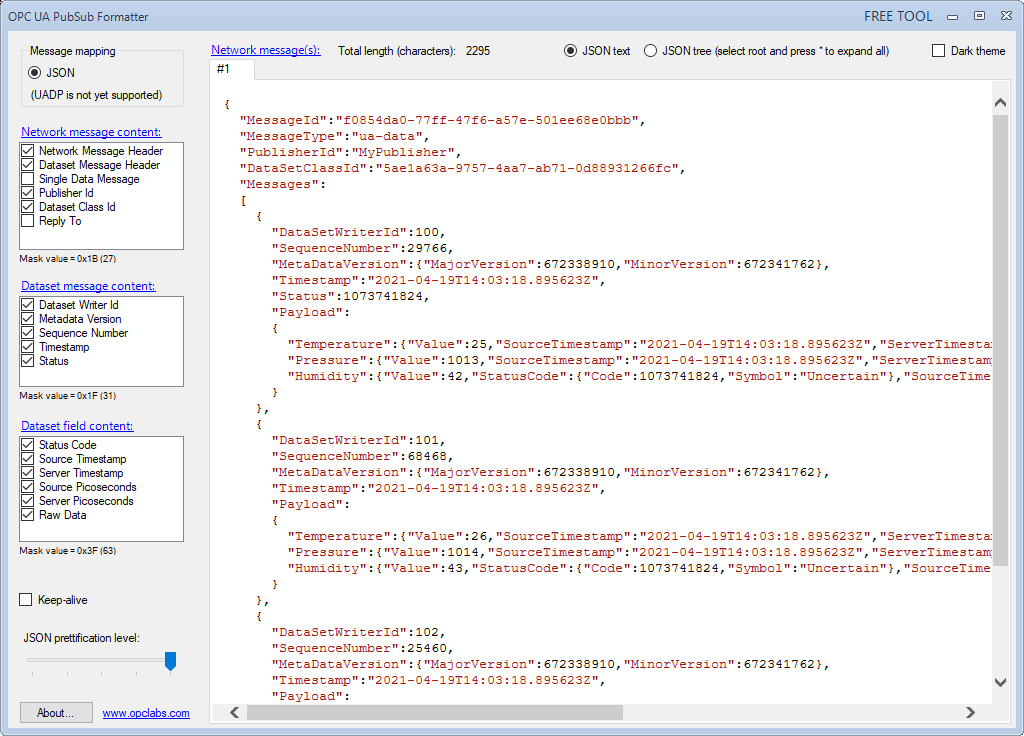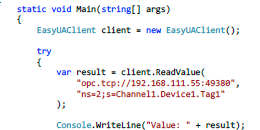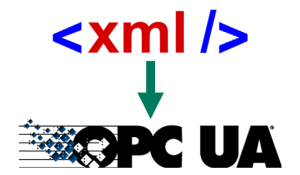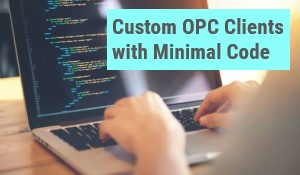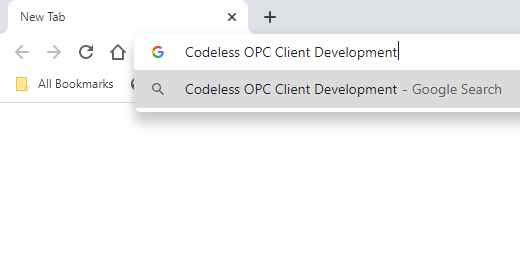Following on the recent OPC Data Client 2021.2 release a few months ago, the OPC Data Client toolkit has been updated again to further extend it's OPC UA client functionality.
The new updates provide developers of custom OPC client applications with new operating system support, even more examples including Powershell examples, and a large number of improvements to all the supported OPC interfaces to increase flexibility, troubleshooting, and user experience, while further decreasing development time.


